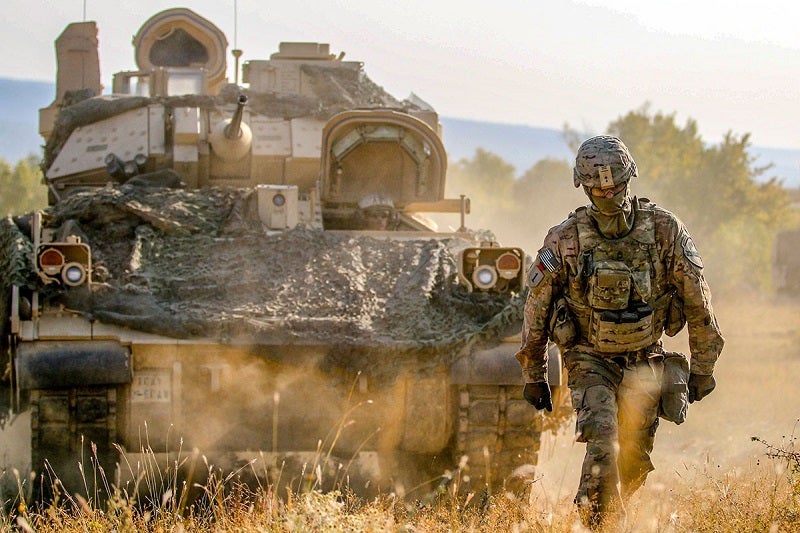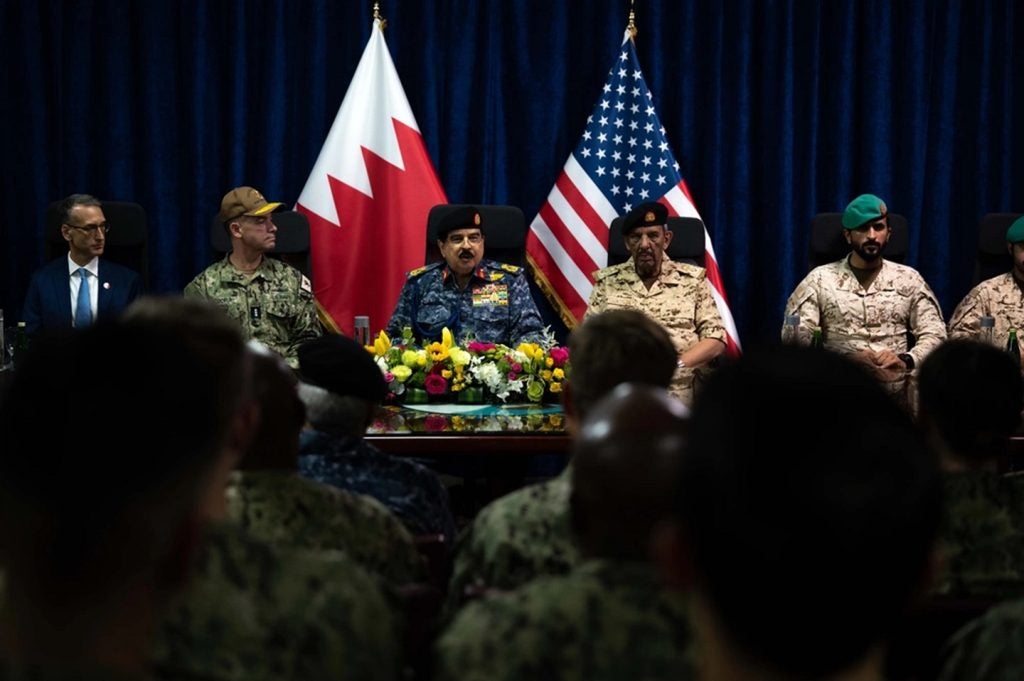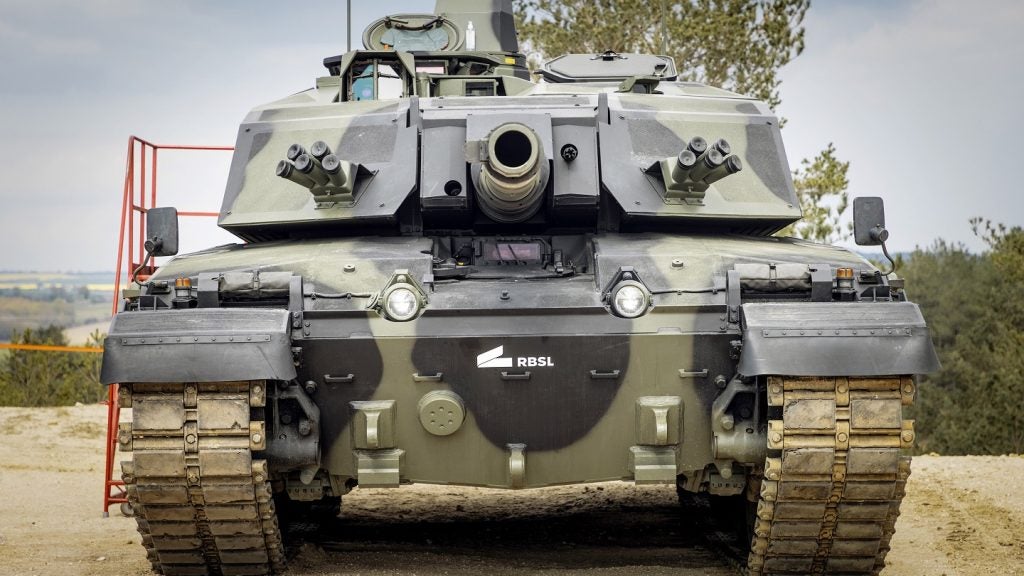
The US Army has cancelled its optionally manned fighting vehicle (OMFV) programme to replace the ageing Bradley Infantry Fighting Vehicle (IFV).
The US Army has said that it will now look to revisit “the requirements, acquisition strategy and schedule” of the programme before making any further decisions on its future. The programme had sought to field a solution on a significantly shorter timeframe than usual acquisition projects but has now cancelled the rapid prototyping phase.
The decision is the latest setback for the programme after late last year a Raytheon-Rheinmettal bid for the programme was disqualified leaving just General Dynamics Land Systems (GDLS) in the running and dashing hopes to prototype two vehicles. Originally BAE Systems had also been interested in the project but dropped out in June 2019.
The US Army now plans to “revise and re-solicit” the requirements for the OMFV programme on a competitive basis, possibly leaving the door open for BAE Systems and Raytheon-Rheinmettal to re-enter the running.
The decision also follows US Congress slashing the budget for the programme in the latest National Defence Authorisation Act (NDAA) 2020, which funds the US military. In the 2020 legislation, Congress demanded the US Army provide Committees on Armed Services from the Senate and the House of Representatives updates on the programme.
In a statement, the Assistant Secretary of the Army for Acquisition, Logistics & Technology said: “We remain committed to the OMFV program as it is our second highest modernisation priority and the need for this ground combat vehicle capability is real. It’s imperative we get it right for our soldiers.”
How well do you really know your competitors?
Access the most comprehensive Company Profiles on the market, powered by GlobalData. Save hours of research. Gain competitive edge.

Thank you!
Your download email will arrive shortly
Not ready to buy yet? Download a free sample
We are confident about the unique quality of our Company Profiles. However, we want you to make the most beneficial decision for your business, so we offer a free sample that you can download by submitting the below form
By GlobalDataThe shortened acquisition period may have played a role in the decision to put the programme on ice as Jette added: “The army asked for a great deal of capability on a very aggressive schedule.”
He went on to say: “Despite an unprecedented number of industry days and engagements, to include a draft request for proposal over the course of nearly two years — all of which allowed industry to help shape this competition — it is clear a combination of requirements and schedule overwhelmed industry’s ability to respond within the army’s timeline.”
Initially, the army was set to choose between the Raytheon Rheinmetall Lynx IFV and the BAE Systems CV90 MkIV, which were shed leaving just a bespoke entry from General Dynamics. GDLS has been largely tight-lipped about its bid but did tell Army Technology last year that it would carry a 50mm cannon and leverage technologies developed by General Dynamics for other vehicle systems.
General Dynamics Land Systems’ vice president and general manager for the US Market told Army Technology last October: “General Dynamics Land Systems submitted our OMFV proposal and bid sample to the US Army on 27 September. GD’s bid sample was designed to address the desired system lethality, protection and mobility as substantiation of our response to the army’s request for proposal.”
The US Army’s Futures Command, which runs several modernisation projects including the ongoing Future Vertical life (FTV) project, had led development. Its commander General John M. Murray said the US Army has learnt lessons from the programme that it will use to improve the future solicitation.
Murray said: “The most prudent means of ensuring long-term programmatic success is to get this multi-billion-dollar effort correct.
“We are going to take what we have learned and apply it to the OMFV program to develop our path and build a healthy level of competition back into the programme.”






